The right storage fit for your infrastructure
How can startups, companies and individuals make sure their cloud storage usage is optimized and that every cent invested in storage is worth it?
Adapt performance, security, and cost to each of your usages with cloud storage solutions.


"Replacing CapEx-based storage infrastructure with Storage-as-a-Service consumption models can reduce storage infrastructure costs by 40%."
Beyond the financial opportunity, this evolution is becoming a prerequisite as the number of shipped bytes grows exponentially, with a "twenty-three times growth [expected] through 2030", reshaping data centers and IT operations.
But... How?
Analyse your current infrastructure's costs to determine which existing storage asset is worth cutting down on.
Each storage product corresponds to a specific usage. If you want to build an efficient storage infrastructure, you need to clearly understand what you need and why.
There are many providers on the market who can help you build your storage infrastructure in the cloud. But they do not all offer the same support, geographical coverage, or guarantees.
If you need compute power to build, test and launch an application, you can launch Instances, such as PLAY2, which require a minimum of Block Storage provisioning. The advantage of this type of storage is its persistence. When you turn off or delete one of your Instances, the block volume attached to it stays on and keeps the Instance's data. Thanks to this feature the volume will quickly transfer all stored data to the next Instance you turn on, making your building, testing or launching phase quicker.
👉 Discover more about Block Storage

Object Storage allows the storage and centralization of a vast amount of data in its native format. Thanks to its unlimited volume and high scalability, Object Storage is the go-to option to build a data lake and perform big data analysis at scale.
👉 Discover more about Object storage

If your e-commerce company manages OLTP protocols (Online Transaction Processing), you need to deploy and scale your PostgreSQL databases seasonally. To do this efficiently, we recommend you use a highly available storage solution. Provisioning Block Storage volumes attached to your databases with enough IOPS guarantees data redundancy (with a triple replication on multiple nodes) and integrity.
👉 Discover more about Block Storage

If you work at a SaaS company, a significant part of your day-to-day tasks may include collecting ever-growing amounts of valuable data from your customers. However, not all data needs to be accessed regularly. Scaleway Glacier allows you to archive or backup data after a chosen period of time at a lower price than any other “hot storage”solution.
👉 Discover more about Scaleway Glacier

| Name | Purpose | Key Characteristics | 👌 Perfectly made for |
|---|---|---|---|
| Object Storage | Stores large amounts of unstructured data and allows you to distribute it instantly. | Standard Amazon S3 compatible Multi-AZ resiliency Tags and versioning Object lock Lifecycle rules | SaaS & web applications Data lakes & big data analysis Media diffusion and streaming File transfer |
| Glacier | A cold storage class of Object Storage, used for long-term archiving, at a lower price. | Lifecycle rules from hot storage Erasure coding Stored in our "data bunker" Available in Paris and Amsterdam Regions | Backups Archiving |
| Block Storage | A flexible and reliable storage solution for demanding workloads. | SSD Triple replication Vertical scaling up to 10TB Additional volume up to 16 disks Snapshots Automated backups | Business-critical applications scaling Business continuity High-performance databases Rapid autoscaling of K8s nodes |
| Local Storage | An ephemeral storage solution benefiting from very low latency to process your data. | NVMe Up to 600GB depending on the type of Instances Power-off mode Snapshots | Caches Hot caches Scratch processing Media rendering Data analytics |

The right storage fit for your infrastructure
How can startups, companies and individuals make sure their cloud storage usage is optimized and that every cent invested in storage is worth it?

Understanding the different type of Storage
You'd like some clarification about the difference between Block, Object and File Storage?

Managed Database: how to choose the right type of storage?
Storage is a key component of any managed database, but it can become a real burden if it doesn't meet your needs of data accessibility, scaling, and resilience. Discover how to avoid this.